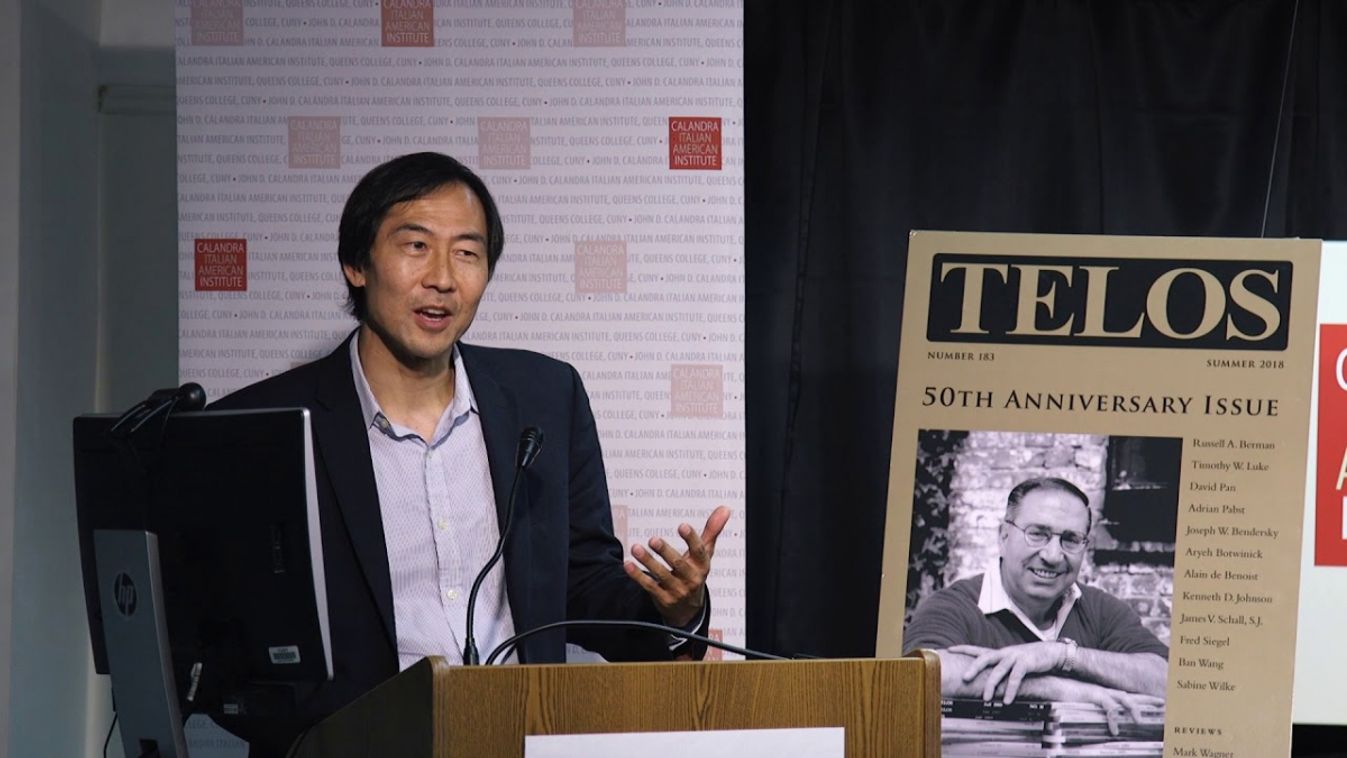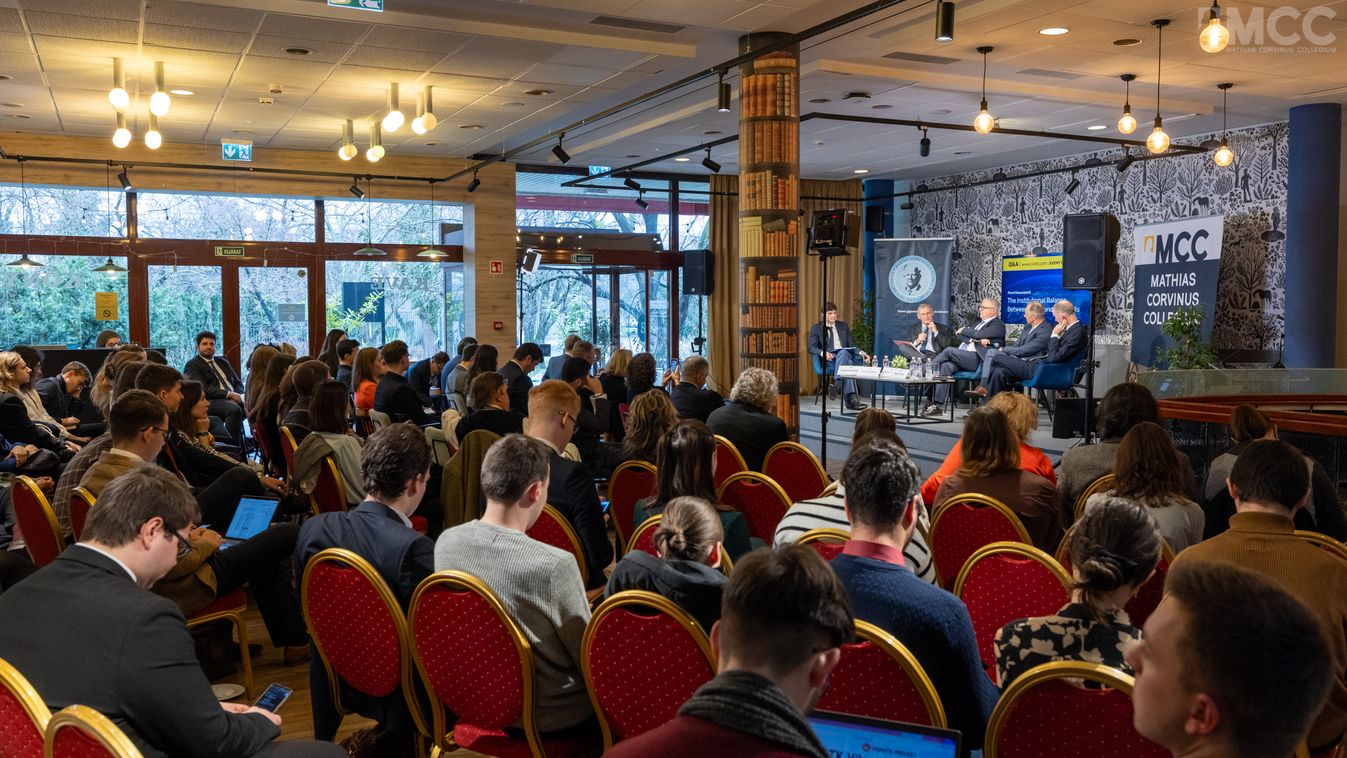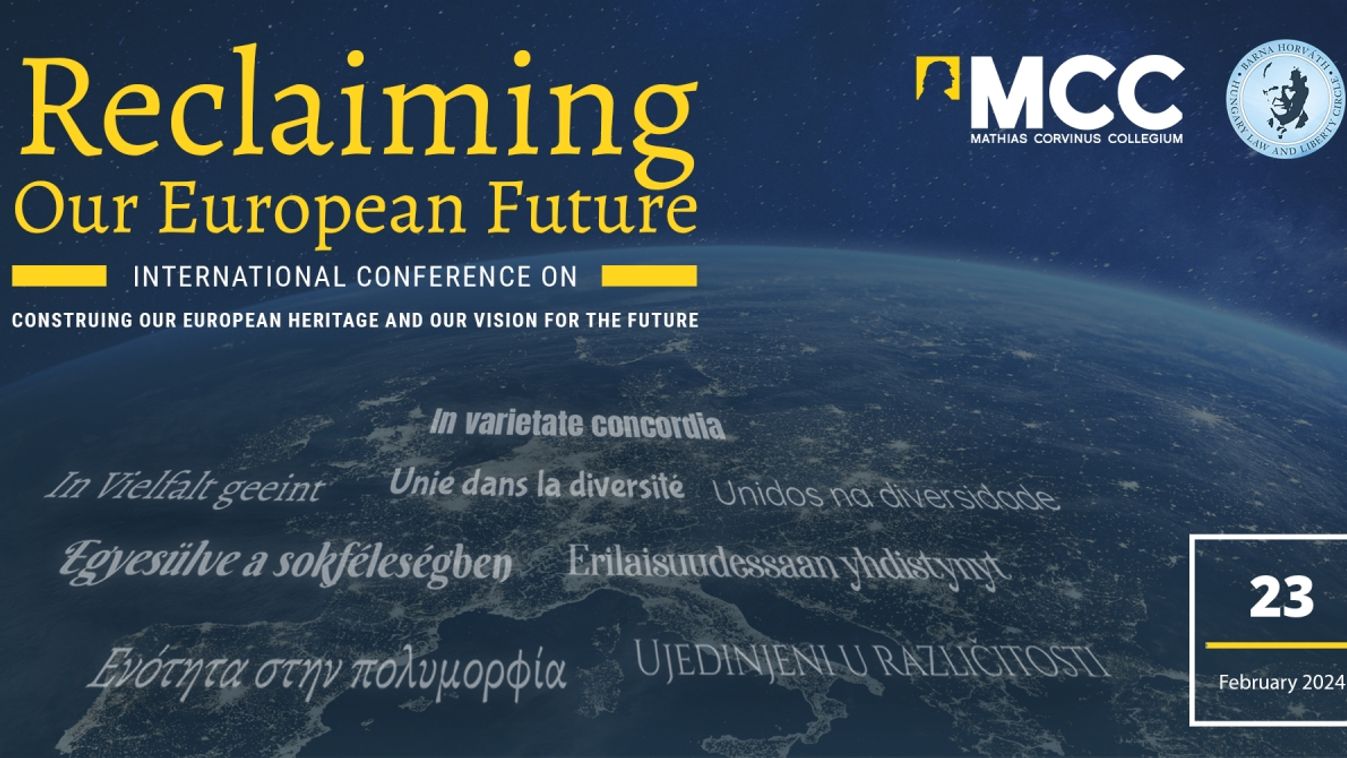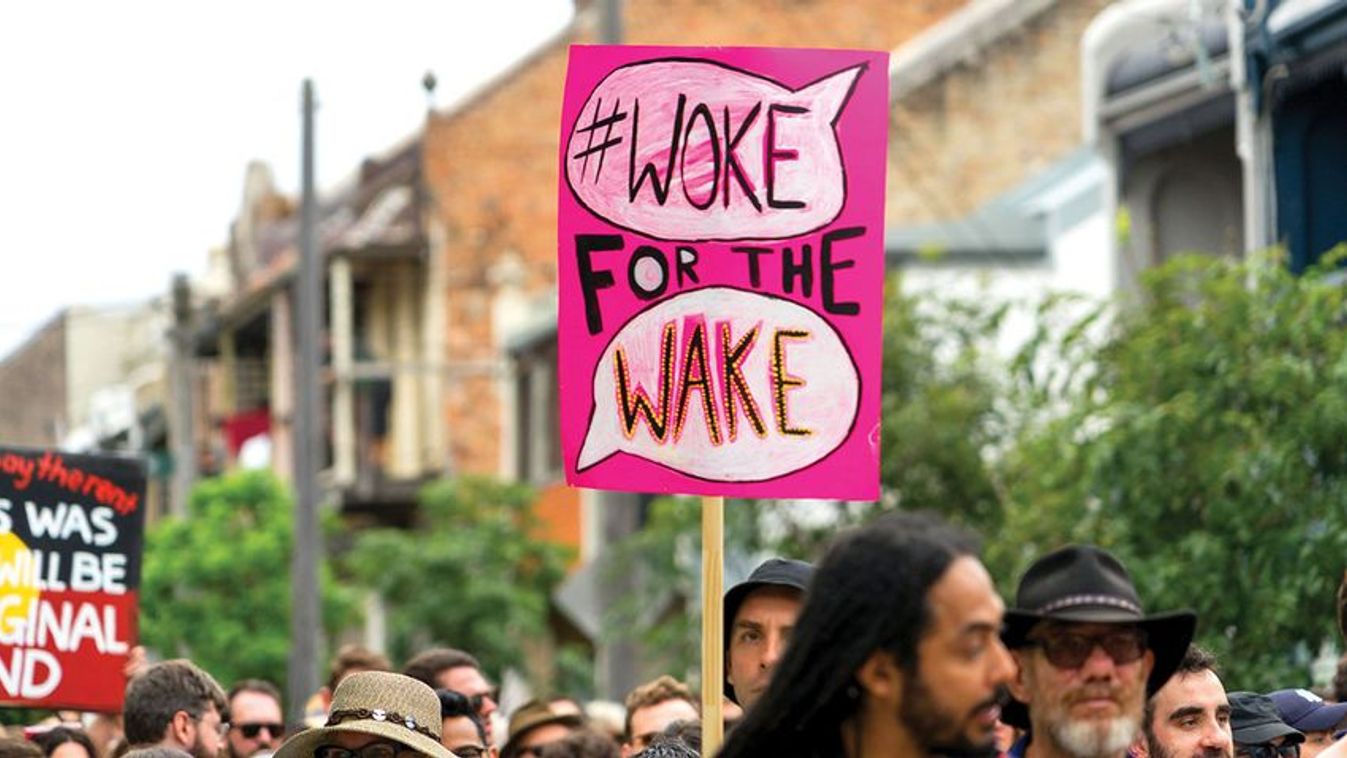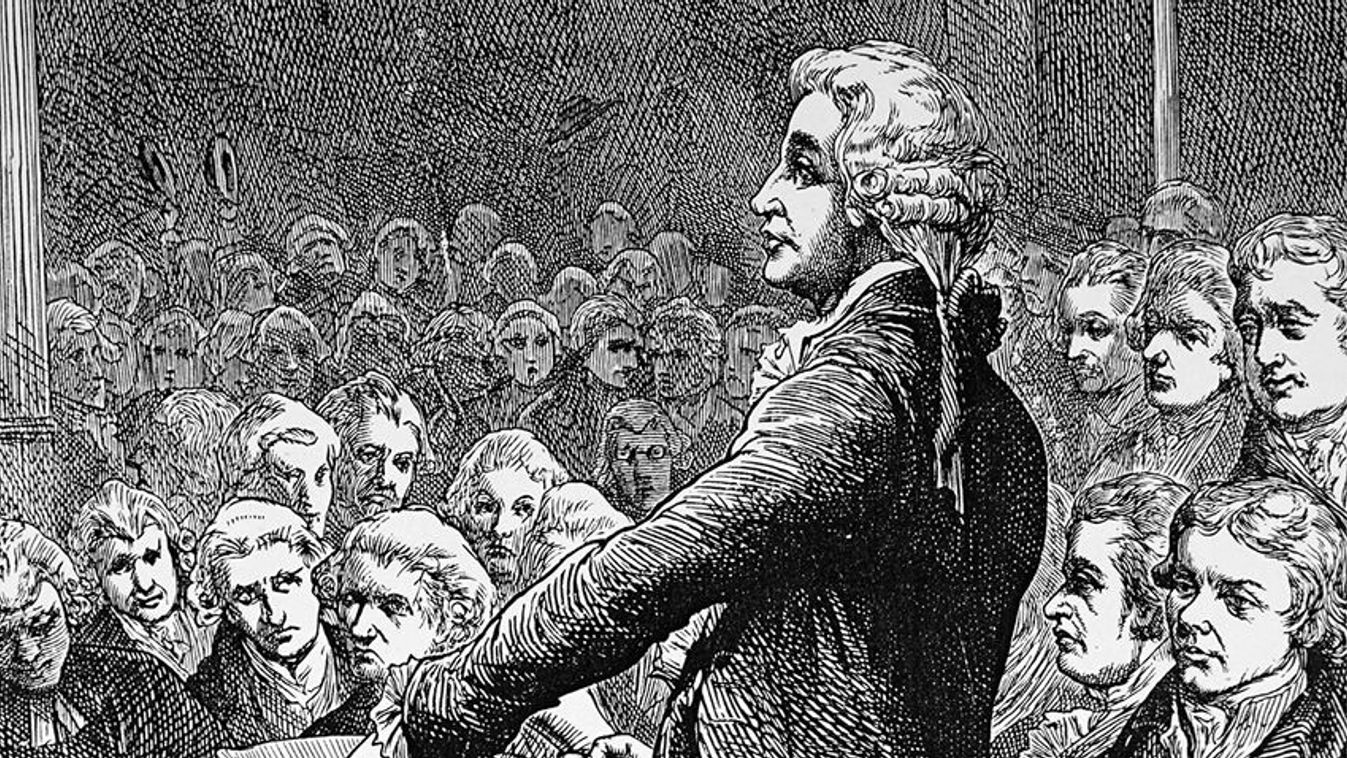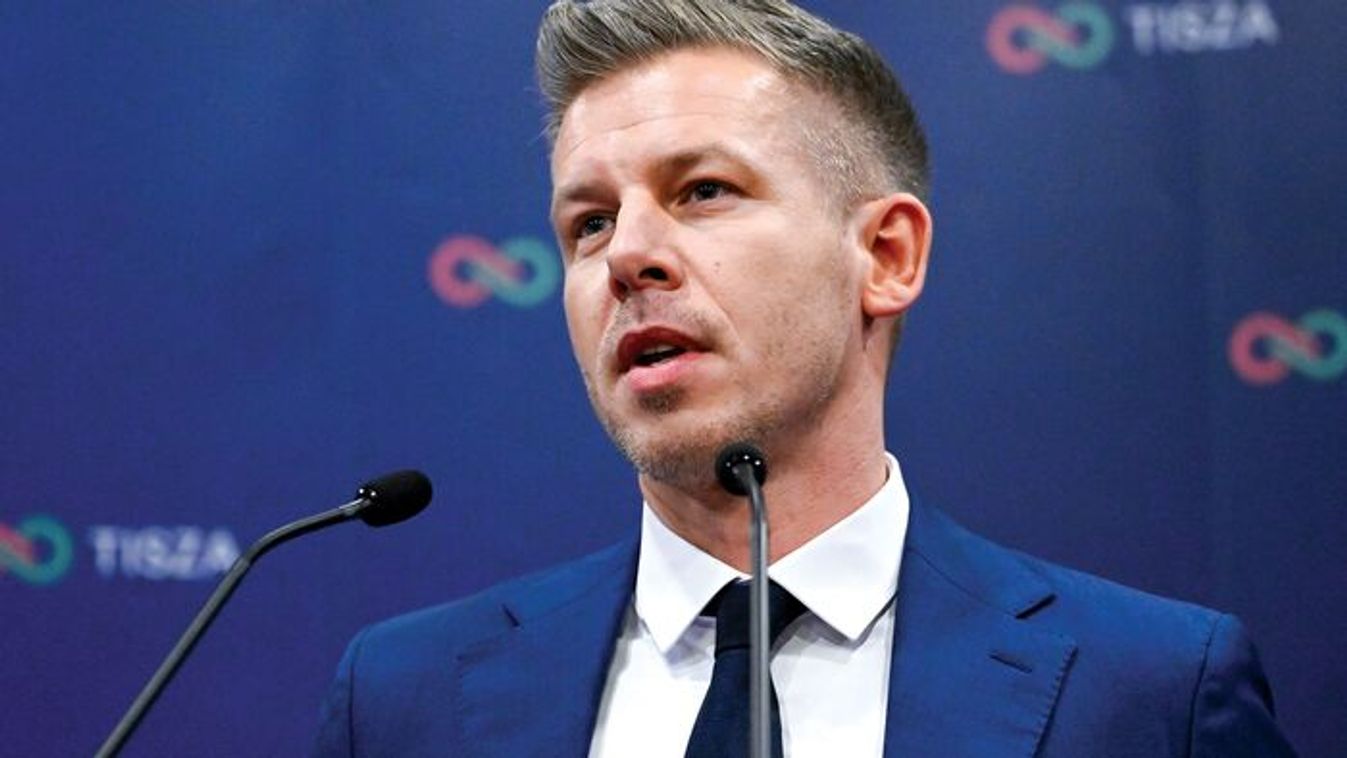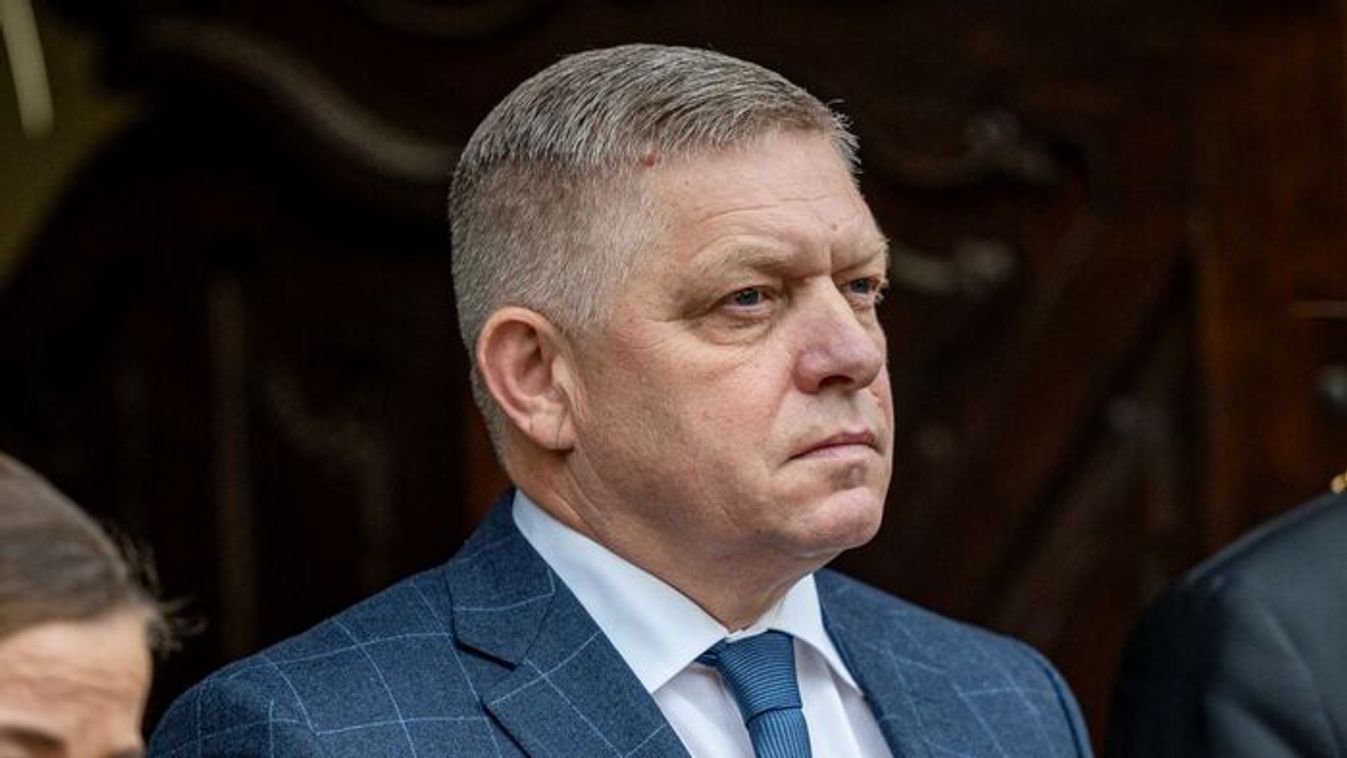This requires sovereignty. It requires that the people that are involved express and act according to their conscience. This popular sovereignty is linked to democracy but is also linked to the nation-state as the institutional embodiment of a democratic will. Since the nation state embodies in our world today the level on which political decisions are made, it is also the place of responsibility for actions on a collective political level. Human rights can be undermined when state power goes unchecked but also when state power is undermined and a country descends into lawlessness.
Since the defense of human rights also involves the taking of risks in support of ideals, sovereignty is also required in order for such risks to be taken. Let’s take the example of the recent assassination attempt against the Russian opposition politician, Alexei Navalny. Germany was forced to make a decision about whether they would continue to cooperate with Russia on the building of the Nord Stream 2 Pipeline. That kind of decision, in which Germany would respond to a human rights violation with an action that also hurts German economic interests, cannot be made by an international court. This type of decision is one that the nation has to make on its own. It is a collective political decision. Because they are constituted as the institutions of political identity nation-states are the only entities that can make such decisions, and they must be held responsible for these types of decisions as well. The importance of nation states derives from their role as the place of democracy and sovereignty.
Human rights are not primarily about legality but rather moral commitments and morally informed actions on a collective political level. That is the place of nation state sovereignty.
aw can of course play an important role in codifying sovereign decisions, but laws cannot take the place of sovereignty.
Since it has alleged human rights implications, how would you approach the current debate on the question of rule of law in the European Union?
This question relates to the structure of the European Union as well as to the status of national sovereignty in dealing with human rights. The difficulty is that the European Union is not itself a nation, and it has not yet developed such a sense of collective identity that there would be EU-wide laws and courts that would directly regulate such issues as freedom of speech or the rule of law. At the same time, the EU is trying to establish a framework for financial support that goes to individual states within the EU. It makes sense that those two issues should be coupled in a nation-state, but the EU has been unable to establish its sovereignty in these areas because its peoples lack a sense of collective identity.
One of the aspects of national sovereignty is that it includes a mythic conception of who the people are and how they are connected together.
Unless the EU, as union, is able to develop that conception of being a collective and a nation in that sense, it is not going to establish the kind of moral and political decision-making that would allow it to be more responsible for human rights within its borders. The United States functions as a nation-state because it has developed its collective political identity to the point where people do not really question that everyone in the US belongs to a unified historical and political tradition. In order to follow the US path, the EU would have to establish more sovereignty over its individual member states, with the possible consequence that some of those states that reject the loss of sovereignty will have to leave the EU. It is possible that the EU will be able to establish such a common political culture. Without such a consolidation of sovereignty at the EU level, the EU will have to give up on moves toward unifying fiscal and monetary policy. It would have to reduce transfer payments and possibly abandon the unified currency.
However, even in the United States this was a long and quite a rough process…
The real inflection point for the establishment of national sovereignty in the U.S. was during the American Civil War. States rights were restricted by the imposition of national sovereignty. The Northern States won the war against the South, and, through constitutional amendments, they imposed the constitutional basis for federal power to supersede state power. However, such a transformation requires the ability of a particular conception of the collective to establish itself. The American Civil War was the most traumatic experience the United States has ever gone through. Such a transformation could involve something like a civil war. Although it does not have to come to such extreme violence, the example shows very well the seriousness of the problem. Today, in the United States, the decisions that are made on the national level reflects a collective decision–making. However, that does not seem to be the case in the European Union, whereas it does seem to hold in the case of the individual nation states within the European Union. This became quite clear during the pandemic.
With the adoption of its final report, the Commission made a great endeavor. What are the principal “lessons learnt” from the work of the Commission?
There were a lot of conflicting views within the Commission about all these questions we have just gone through. Sometimes we had heated discussions even though we were all committed to the human rights project. However, through these discussions, we were ultimately able to converge on a final draft of the Report, and I think all of us were happy with the results. It is a compromise document, but it also takes clear positions on controversial issues. So one of the lessons I learned through that process was that
there are a set of convergent principles and strategies for thinking about the way to promote human rights.
There are obviously debates about these issues, but I was encouraged by the way in which people with different perspectives were able to converge on ideas about how to maintain a focus on human rights in all of our endeavors. It should be part of our existence as human beings to maintain that sense of justice in whatever legal or political conditions we might find ourselves in.



